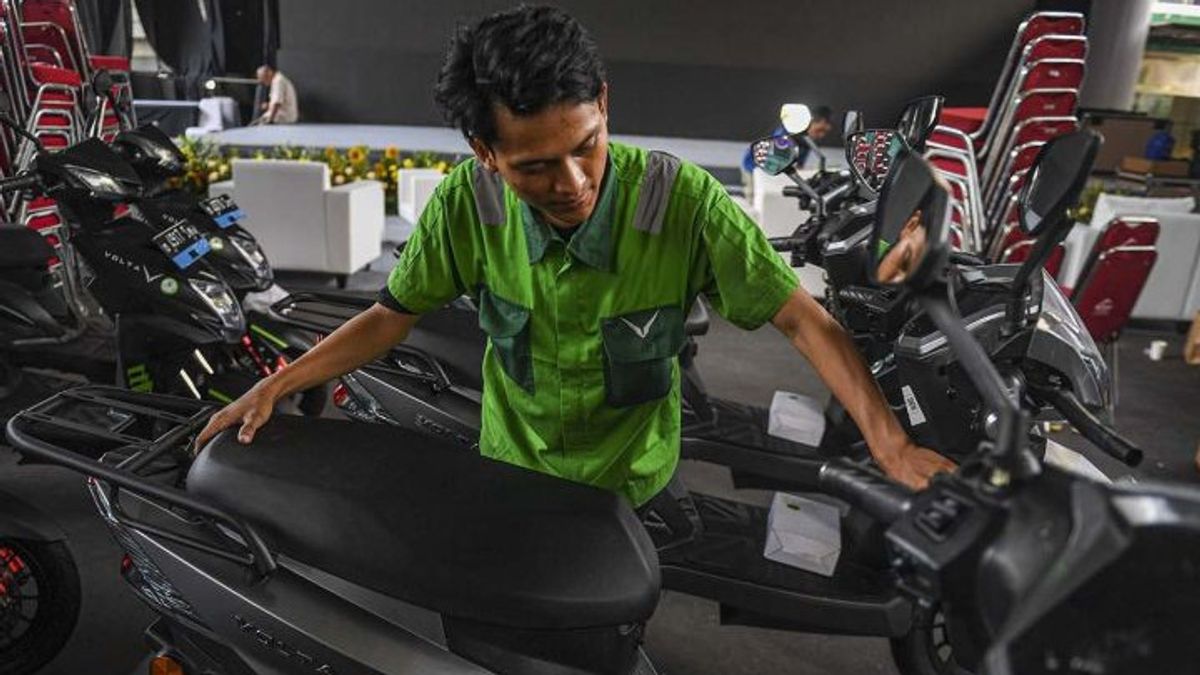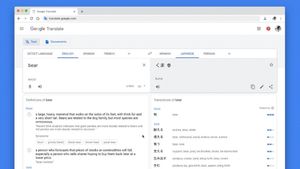JAKARTA - Executive Director of the Center of Economic and Law Studies (CELIOS) Bhima Yudhistira assessed that the slowing demand for the middle class in urban areas also affected the weakening of Indonesia's manufacturing PMI in July 2024.
"Middle-class demand, especially in urban areas, has slowed down, due to various pressures on rising prices for basic necessities, education and housing costs and high loan interest rates," said Bhima, quoted from Antara, Saturday, August 3.
Based on S&P Global data, Indonesia's manufacturing PMI in July 2024 contracted 1.4 points on a monthly basis (month-to-month/mtm) to 49.3 from 50.7 in June.
Bhima said that the slowing demand for the middle class was shown by the non-performing loan (NPL) figures or bad credit for Home Ownership Loans (KPR) which rose to 2.72 percent as of April 2024 compared to April 2023 which was 2.64 percent.
Then, sales of wholesales (factories to dealers) of national cars fell 21 percent year on year (yoy) in the January-May 2024 period.
According to him, the slowing down of mid-range demand has resulted in industry demand being eroded, especially since the momentum of the seasonal increase in household consumption has only been waiting for the long Christmas and New Year holidays.
SEE ALSO:
"So business actors also anticipate by reducing the purchase of raw materials," he said.
In addition to decreasing middle class demand, other factors that are also the main contribution to the weakening of manufacturing PMIs, namely the inconsistency of goods import policies, especially the regulation on import relaxation, which causes industrial competition in the country to be more stringent with imported goods.
"So the demand is slow, plus the flood of imported goods. Yes, that's why the industry is very depressed," he said.
The English, Chinese, Japanese, Arabic, and French versions are automatically generated by the AI. So there may still be inaccuracies in translating, please always see Indonesian as our main language. (system supported by DigitalSiber.id)
















